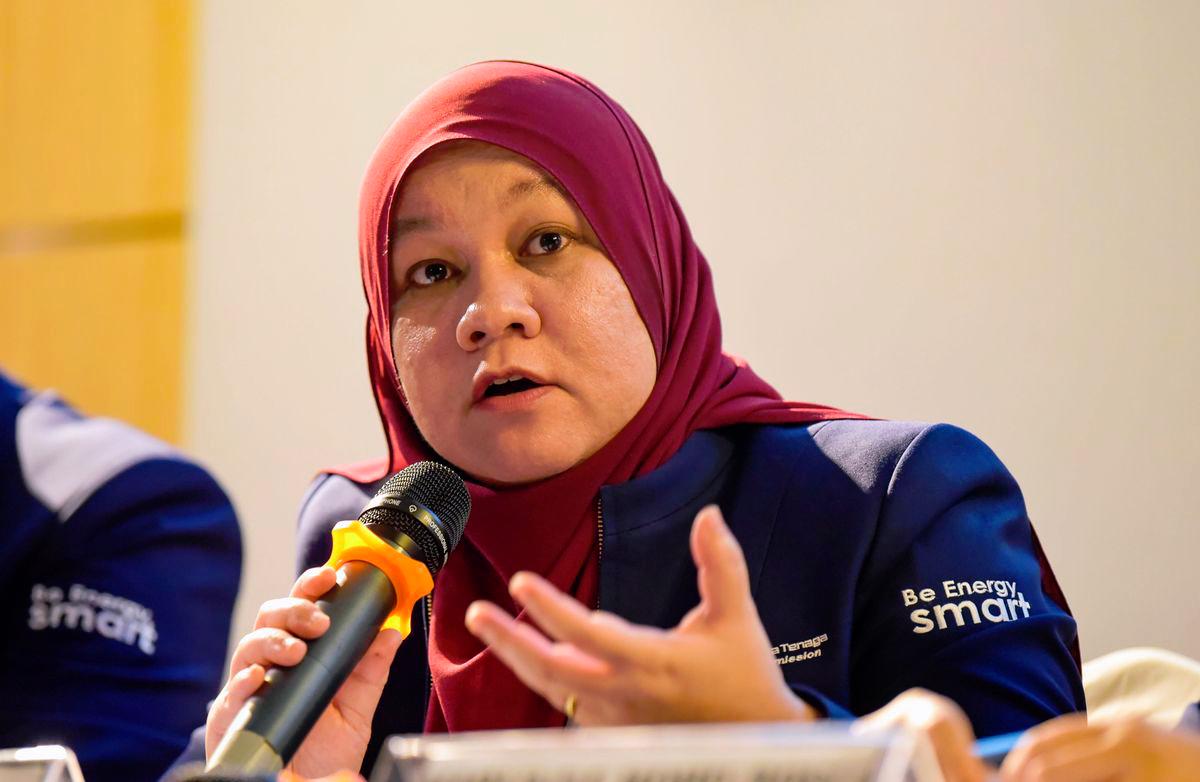OSAKA: Malaysia’s ASEAN Chair leadership highlighted sustainability and energy transition at the Malaysia Pavilion during Expo 2025 Osaka, gaining strong regional and international support.
Asia Pacific Institute of Research senior research fellow Professor Kenta Goto described Malaysia’s role as perfectly timed to advance green growth and inclusive development across Southeast Asia.
He emphasised that ASEAN’s progress on sustainability challenges requires stronger collaboration within the region and with key partners like Japan, China and Korea under the ASEAN+3 framework.
“Malaysia’s multicultural and multiracial background, its experience in overcoming challenges and strong relationships within ASEAN as well as with partners such as Japan and others, make it well placed to take on this leadership role,“ he told Malaysian media after an ASEAN panel discussion.
Goto added that recognising differences in national strengths will be crucial for deeper ASEAN-Japan cooperation under the ASEAN+3 framework.
Indonesia’s director of Downstreaming Planning and International Economic Cooperation Pande Nyuman Laksmi Kusumawati stressed the urgency of aligning ASEAN Vision 2045 with the Sustainable Development Goals.
“Climate change will directly impact the supply of our basic needs in society,“ she noted, identifying Thailand, the Philippines, Malaysia and Indonesia as the most affected ASEAN nations.
She called for stronger ASEAN-wide collaboration to address climate change, demographic shifts and economic pressures while keeping SDGs as the region’s foundation.
Kusumawati highlighted the growing importance of universities in achieving SDGs through their three core pillars of education, research and community service.
Mercy Malaysia founder Tan Sri Jemilah Mahmood reinforced that health and environment must underpin ASEAN’s development moving forward.
“Malaysia has set the model through the 13th Malaysia Plan and its upcoming National Planetary Health Action Plan,“ she stated, adding that Malaysia can demonstrate how sustainability and wellbeing progress together.
Energy Commission chief executive officer Siti Safinah Salleh said Malaysia aims to attract green energy investments through partnerships, particularly with Japanese companies known for sustainable practices.
“Our focus is on promoting green energy technologies that can bring investments into Malaysia, while encouraging more efficient energy use,“ she explained.
Siti Safinah identified green energy technologies like biogas and waste-to-energy, along with natural gas as transition fuel, as priority investment areas where Japan’s expertise can benefit Malaysia.
The Malaysia Pavilion at Expo 2025 Osaka entered its 22nd week coinciding with Energy Week from September 8 to 12, showcasing Malaysia’s energy transition initiatives including the National Energy Transition Roadmap and ASEAN Power Grid.
Malaysia’s participation at the six-month expo from April 13 to October 13 has generated approximately 15.6 billion ringgit in potential trade and investment, exceeding its 13 billion ringgit target. – Bernama









